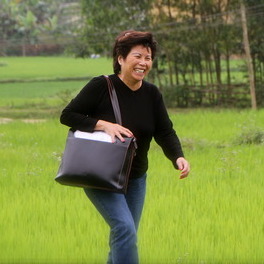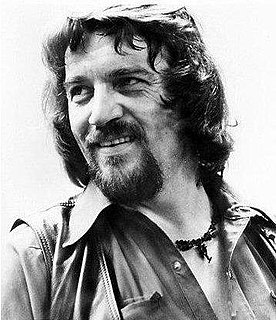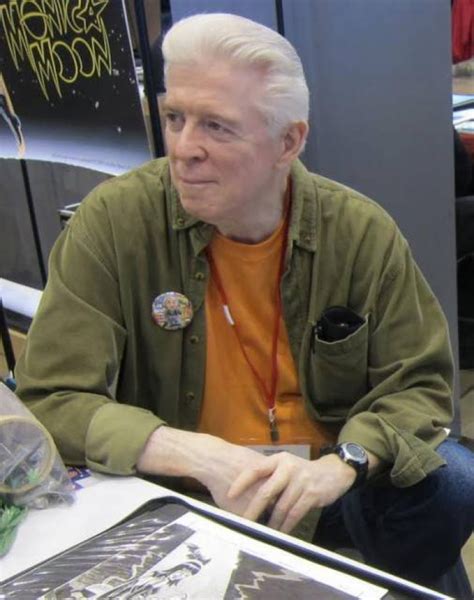A Quote by Le Ly Hayslip
The Vietnam war will not be over until it ends for everyone. Over four hundred thousand U.S. veterans are still recovering from wounds inflicted on their bodies and their spirit. Sixty-three million souls in Vietnam are still suffering from their 'victory.
Related Quotes
Vietnam was the defining event for my generation. It spilled over into all facets of American life - into music, into the pulpits, in churches of our country. It spilled over into the city streets, police forces. And even if you were born late in the generation, Vietnam was still part of your childhood.
Most of us who were opposed to the war, especially in the early '60's - the war we were opposed to was the war on South Vietnam which destroyed South Vietnam's rural society. The South was devastated. But now anyone who opposed this atrocity is regarded as having defended North Vietnam. And that's part of the effort to present the war as if it were a war between South Vietnam and North Vietnam with the United States helping the South. Of course it's fabrication. But it's "official truth" now.
I think that the war on drugs is domestic Vietnam. And didn't we learn from Vietnam that, at a certain point in the war, we should stop and rethink our strategy, ask ``Why are we here, what are we doing, what's succeeded, what's failed?'' And we ought to do that with the domestic Vietnam, which is the war on drugs.
My brother-in-law, Chuck, whom I have known since we were teenagers, is a disabled veteran who was wounded while fighting with the marines in Vietnam. I've been around to observe how the war affected his life and the problems that veterans have, and I knew for a long time that I wanted to write a song about Vietnam.
Wars always evolve over time, don't they? Iraq/Afghanistan is different than Vietnam, and Vietnam was different than Korea, and Korea was different than World War One, and so on. Some things remain the same, of course - one side fighting another over ideology or a patch of ground - but there are some aspects of combat life which differ radically than their predecessors.
The death, and the burial, and the resurrection of Jesus happened over three days. Friday was the day of suffering and pain and agony. Saturday was the day of doubt and confusion and misery. But Easter, that Sunday, was the day of hope and joy and victory. You will face these three days over and over and over in your lifetime. And when you do, you’ll find yourself asking, as I did, three fundamental questions: Number one, what do I do in my days of pain? Two, how do I get through my days of doubt and confusion? Three, how do I get to the days of joy and victory? The answer is Easter.



































